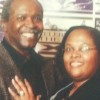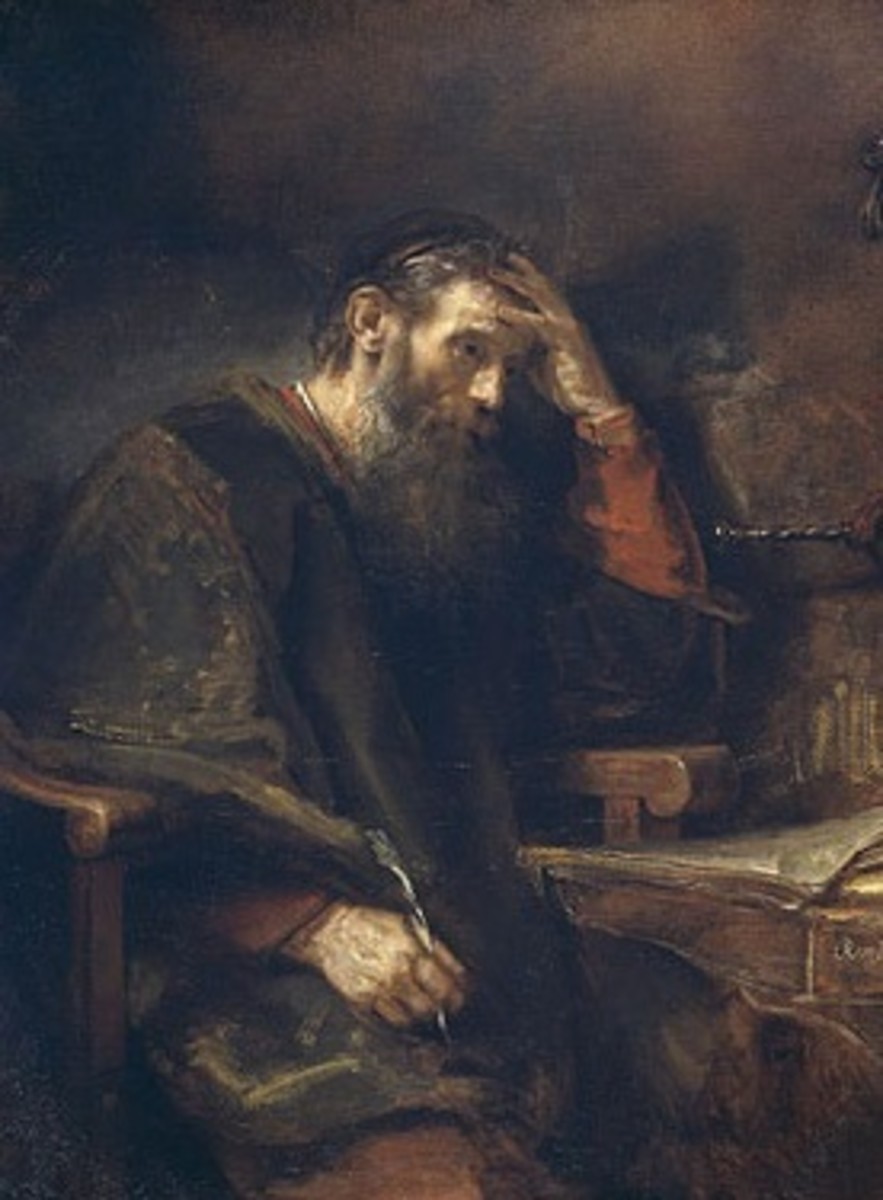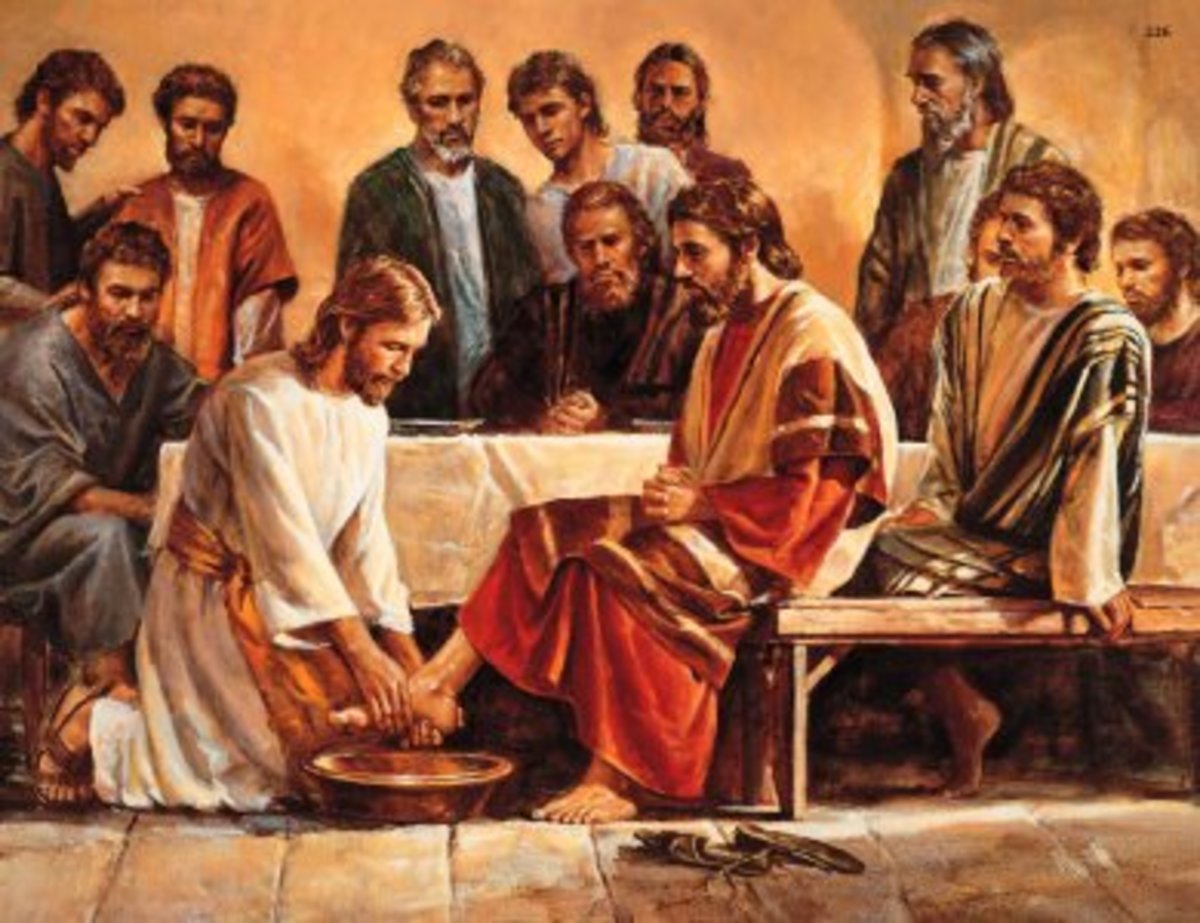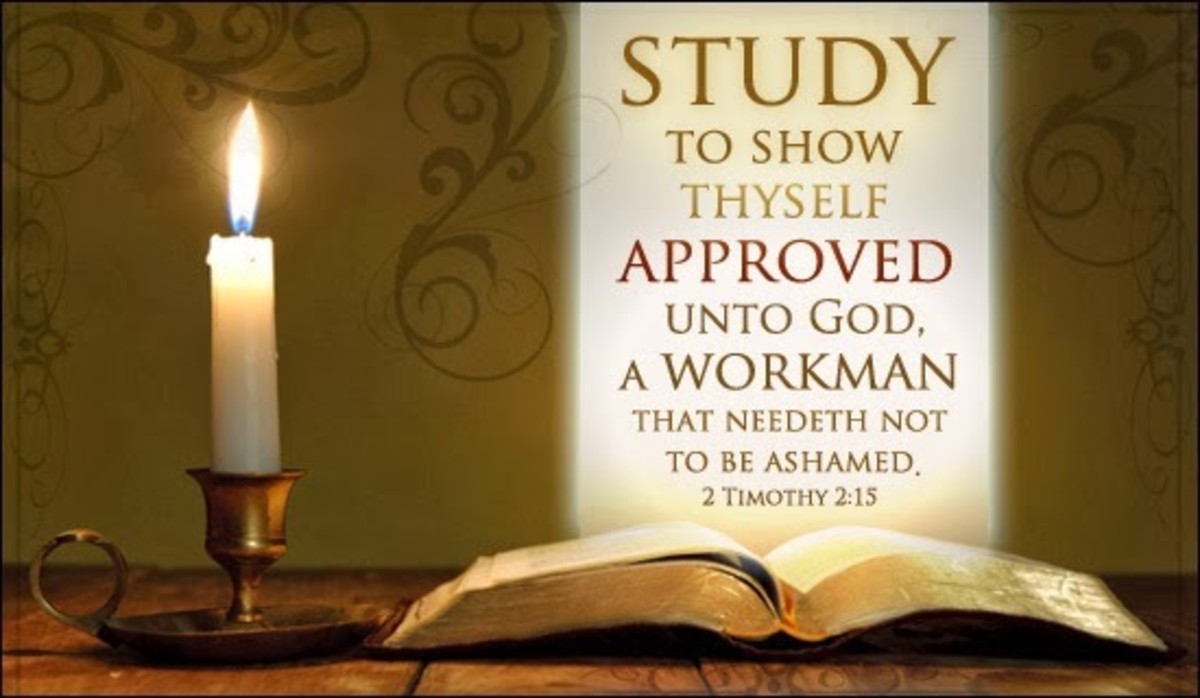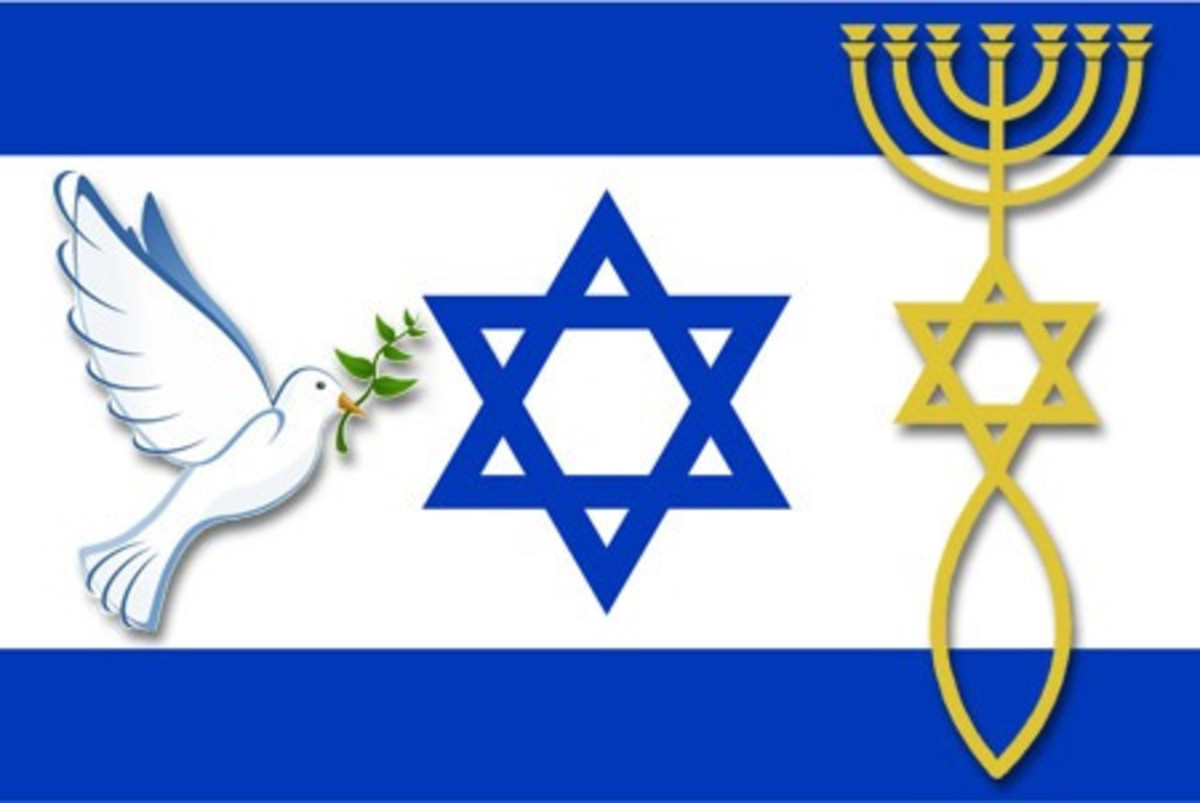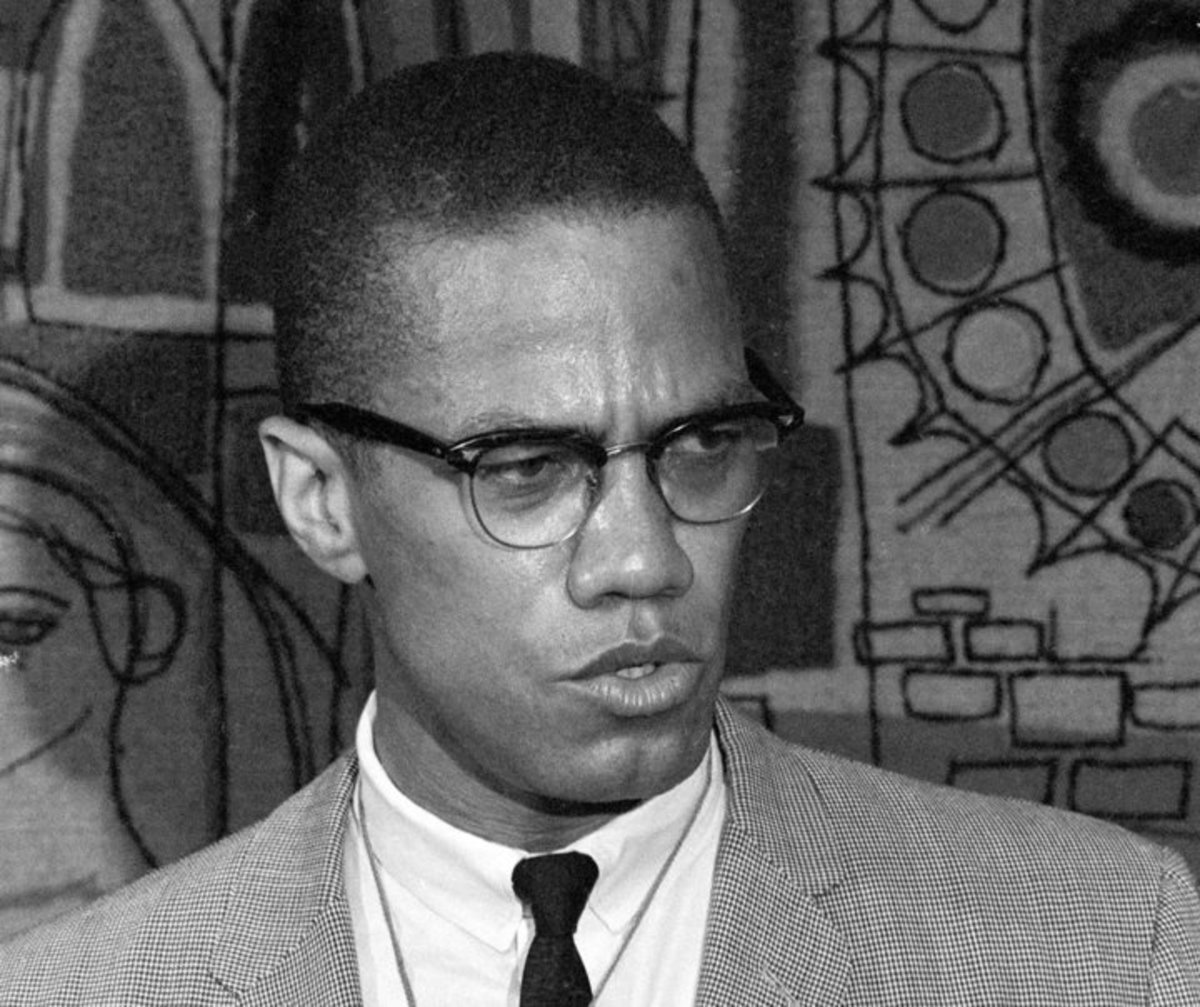SAINT PAUL - The Thirteenth Apostle - Part III - Final
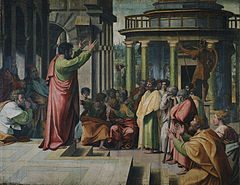
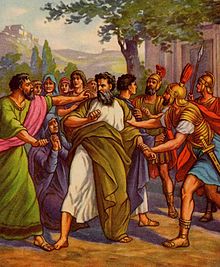
The Great Freedom Fighter
SAINT PAUL
As have already been mentioned, the persecution which brought about Stephen’s martyrdom resulted in the planting of Christianity beyond the borders of Palestine.
By the year 51 or 52 A.D., under Claudius, Antioch was the center of Christian development. These were largely ‘mixed’ congregations. The Gentile converts to the new faith, whose ancestors was considered heathens, would have a profound effect on the relation of these disciples to the Jewish law. If the Jewish disciples had their way, the new Gentile converts would be nothing more than a Jewish sect; but if the Gentiles could be free from the restraints of the Jewish law Christianity could become universal, though at the high price of much Jewish support. This problem was largely decided in favor of the larger doctrine primarily by the Apostle Paul. The Apostle Paul, transforming into, a sort of champion to the Gentiles, has taken on the role of, what I call, ‘The Great Freedom Fighter’. He had now begun the process of wrenching the ‘New Faith’ from the clutches of the ‘Old Covenant’ and establishing it firmly under the ‘New Covenant of Grace’. This would not only prove to be a daunting task, but a dangerous one.
Though the congregations in Antioch were rapidly growing, they were troubled by conflicting accounts as to what it meant to be a follower of Jesus the Christ. The Apostle Paul was teaching them that they were a ‘new creation’, under a ‘new covenant’, that made them equal to their Jewish brothers in Christ; yet, they were hearing something entirely different coming from some believers in Jerusalem:
Some men came down from Judea to Antioch and were teaching the brothers: “Unless you are circumcised, according to the custom taught by Moses, you cannot be saved.” This brought Paul and Barnabas into sharp dispute and debate with them. So Paul and Barnabas were appointed, along with some other believers, to go up to Jerusalem to see the apostles and elders about this question. Acts 15:1, 2
Paul and Barnabas, along with their appointed delegation, arrived in Jerusalem and began telling the apostles and elders all that the Lord had done among the Gentiles. They were abruptly confronted by the source of the problem: Then some of the believers who belonged to the party of the Pharisees stood up and said, “The Gentiles must be circumcised and required to obey the Law of Moses.” Acts 15:5
The decision that was made, that I spoke of in Part II of this series, agreed upon between Peter, James and, John with Paul and Barnabas, that Peter, James and John would continue their mission to the Jews, while Paul and Barnabas would go to the Gentiles was acceptable, but far from perfect. The question would inevitably arise, ‘what were to be the relations in a mixed Church? And ‘could law-keeping Jews and law-free Gentiles eat together? This question was obviously put to the test when Peter visited Antioch. Galatians 2:11-16
The irony of this confrontation between Paul and Peter is that this incident occurred after God had showed Peter there was no distinction between Jew and Gentile by sending him to the house of a Gentile, Cornelius. Acts 10:23-48
Paul, separating from Barnabas, and taking with him Silas instead, would continue the work among the Gentiles. The Jerusalem Church would suffer a serious blow when James, their pastor and leader, was beheaded, and less than two decades later the Temple was completely destroyed and the Jews were scattering beyond the borders of Palestine, forcing them to join their Gentile brothers and sisters; thus fully embracing the faith and freedom of the ‘New Covenant of Grace’.
